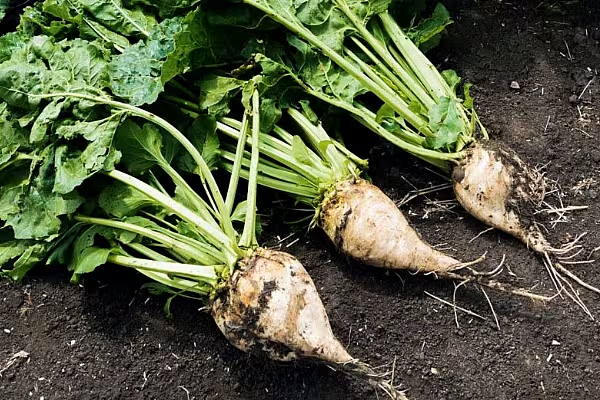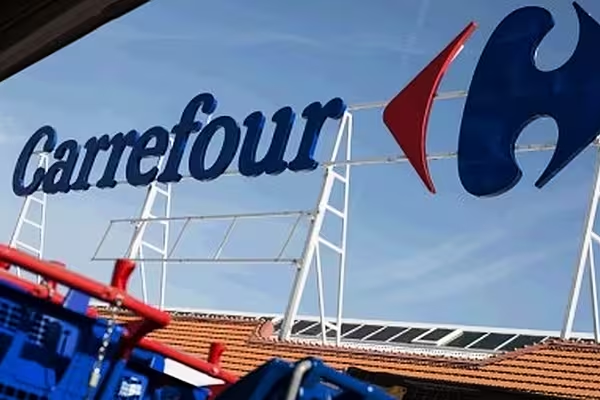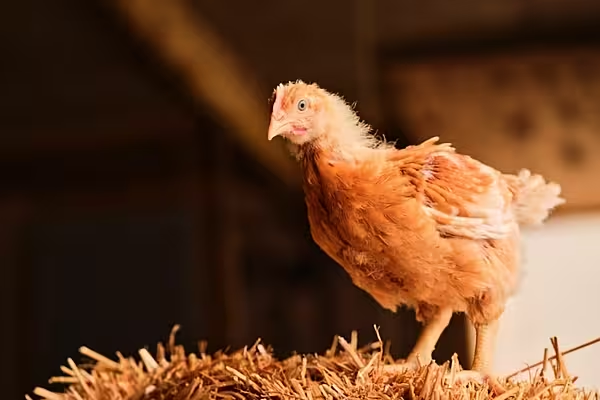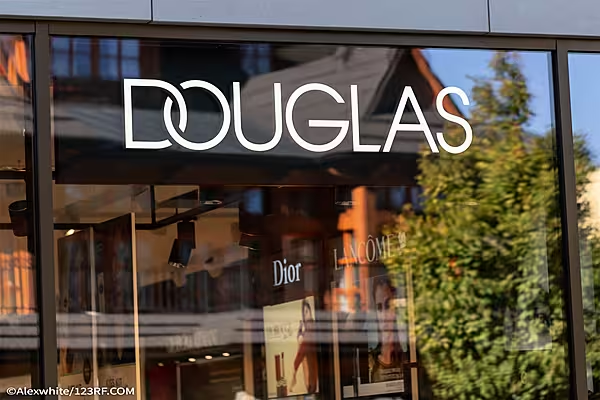France's plans to allow sugar beet farmers to continue using a banned pesticide for another year have been halted by a European Union court decision excluding such exemptions.
After severe losses from crop disease in 2020, France granted sugar beet growers an up to three-year exemption to a general ban on using neonicotinoid chemicals. The government had been preparing a third and final annual dispensation to cover the 2023 sugar beet crop.
However, in a ruling published on Thursday, the Court of Justice of the European Union said that member states cannot offer exemptions to the bloc's ban on crop seeds treated with neonicotinoids, which are considered a threat to bees.
France is the EU's biggest agricultural producer and vies with Germany for the position as the bloc's largest sugar producer.
French agriculture minister Marc Fesneau wrote on Twitter that he took note of the decision.
The minister has called a meeting on Monday with sugar beet growers and sugar manufacturers such as Tereos to discuss the matter, Christian Spiegeleer, head of French sugar makers group SNFS, told Reuters.
"The process of obtaining a third annual exemption has been stopped in its tracks because the government can't run the risk of immediately losing a legal challenge," Spiegeleer said.
Sugar beet growers group CGB condemned the "brutality of the decision" a few weeks before spring planting.
Alternative Products
As part of its three-year neonicotinoid dispensation, France has supported development of alternative products, but trials so far shown them to be less effective against the virus yellows disease that ravaged sugar beet in 2020.
That could further discourage sugar beet growers who faced drought-related yield losses last year and put a question mark over sugar production capacity.
"When sugar manufacturers don't have enough sugar beet they have to close. It's not necessarily what's going to happen but it might," Spiegeleer said.
The EU court's ruling followed a challenge to a similar exemption for neonicotinoid use on sugar beet in Belgium.
Anti-pesticide association PAN Europe, one of the parties to have challenged Belgium's exemption that ran until last year, welcomed the court decision.
"This verdict is a reminder that administrations and politicians are bound to the law, not to the interests of the pesticide industry or industrial agricultural lobbies," Martin Dermine, the group's executive director, said in a statement.
News by Reuters, edited by ESM – your source for the latest supply chain news. Click subscribe to sign up to ESM: European Supermarket Magazine.














